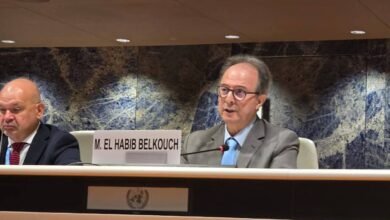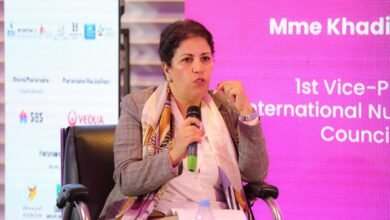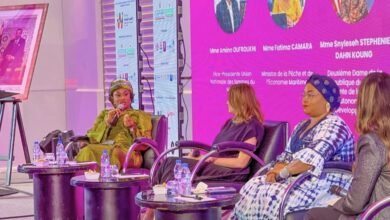UN Leaders Urge Human Rights-Centered Economies at Arab-African Business Forum in Marrakech
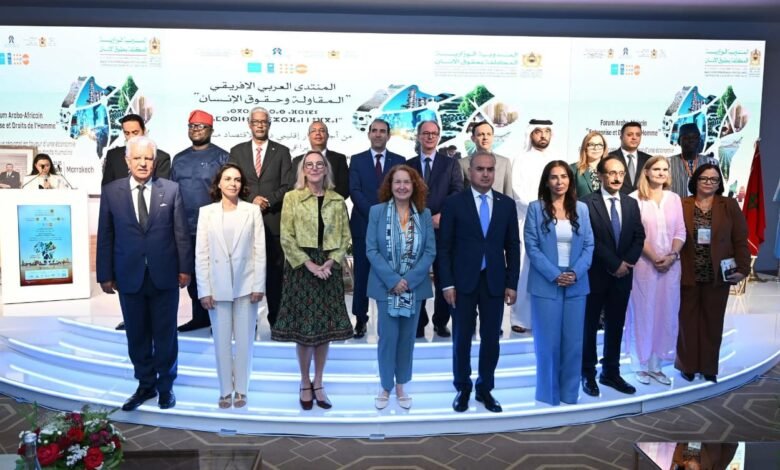
By Karima Rhanem, Senior Managing Editor
United Nations officials and government leaders from across the Arab and African regions gathered in Marrakech for the Arab-African Dialogue on Business and Human Rights, calling for stronger alignment between economic development and international human rights standards.
The forum, organized by Morocco’s Interministerial Delegation for Human Rights (DIDH) in partnership with several ministries, national institutions, and United Nations agencies, aimed to promote dialogue, share regional experiences, and strengthen implementation of the UN Guiding Principles on Business and Human Rights (UNGPs). With more than 200 participants—including senior government officials, national human rights institutions, civil society actors, business leaders, and academics—the event marked a significant step toward advancing inclusive, responsible economic practices.
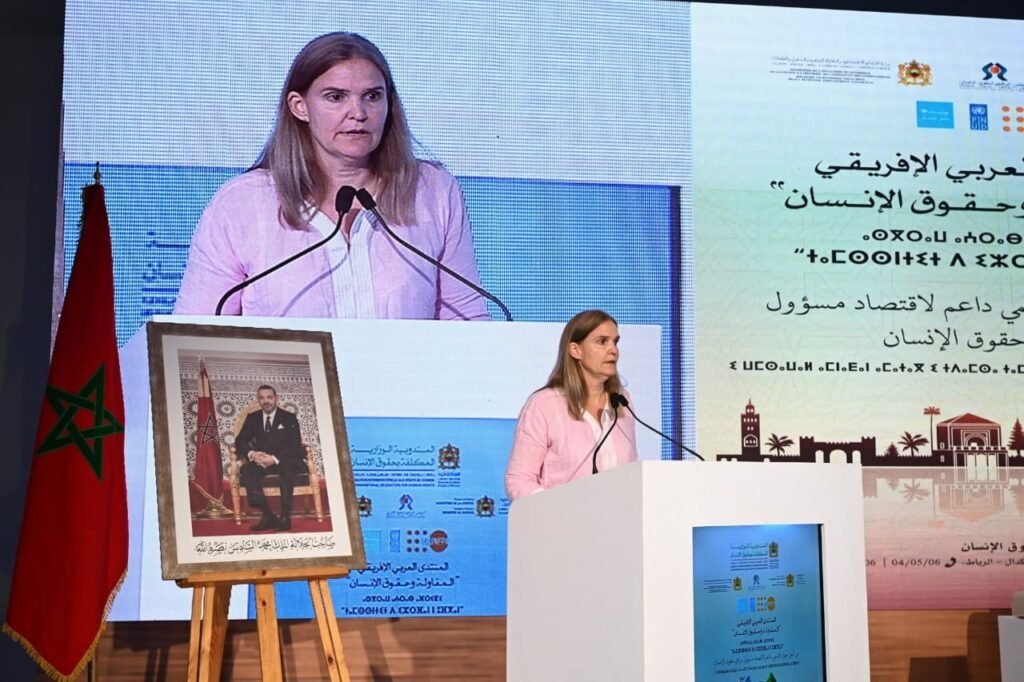
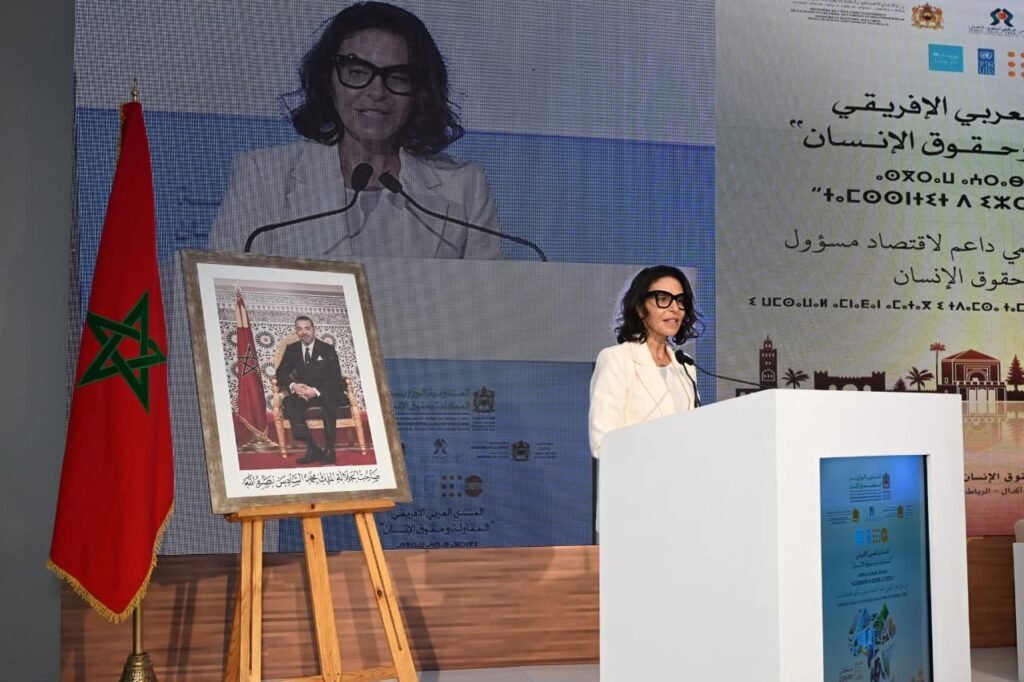
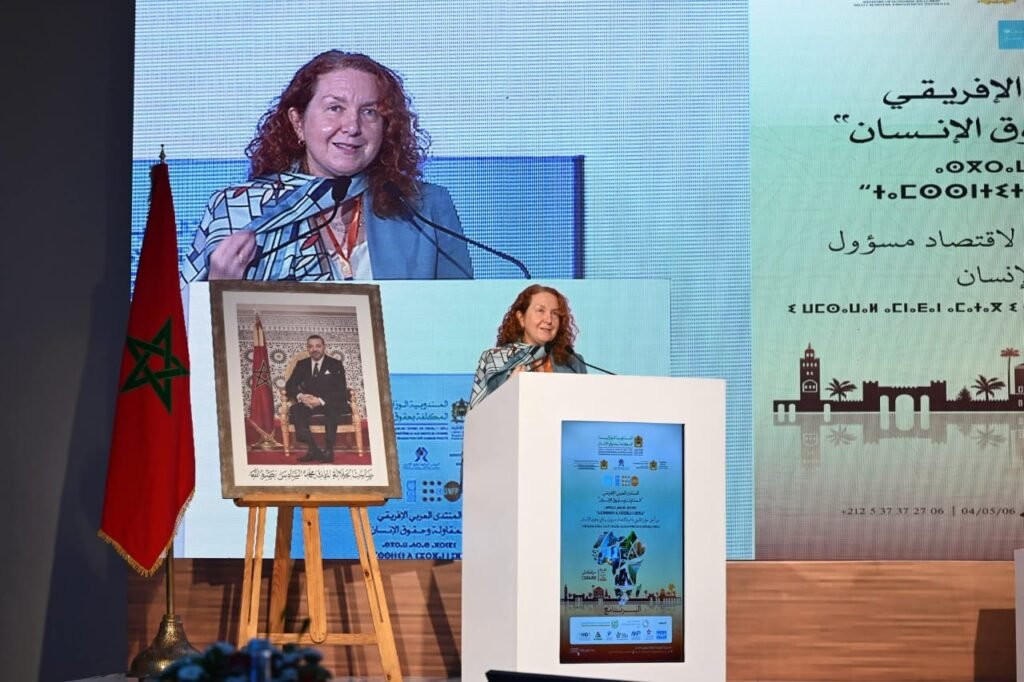
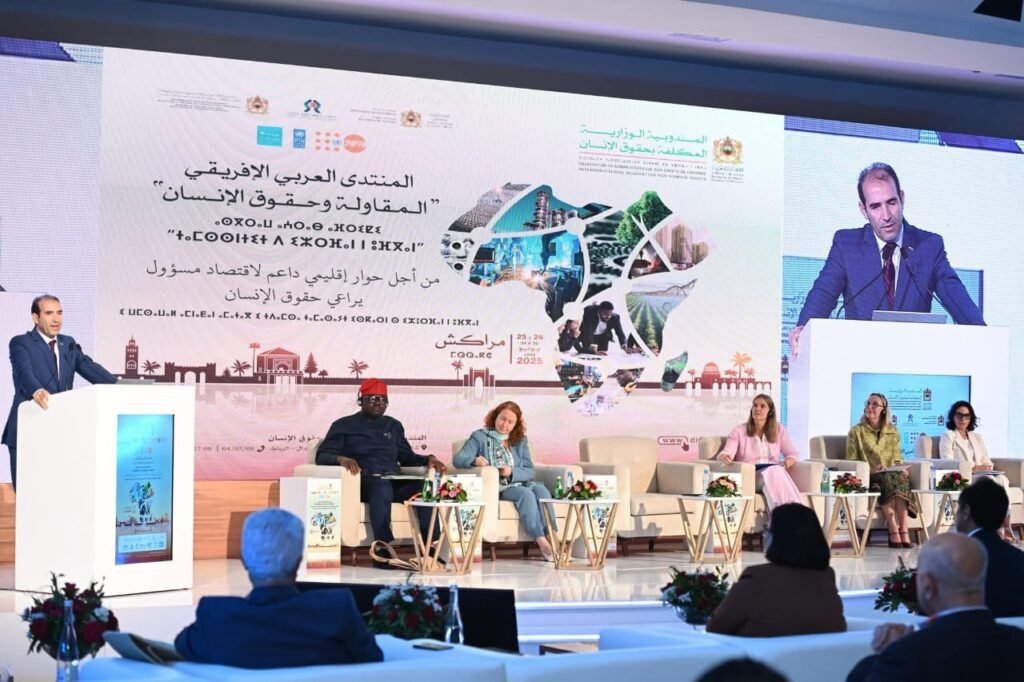
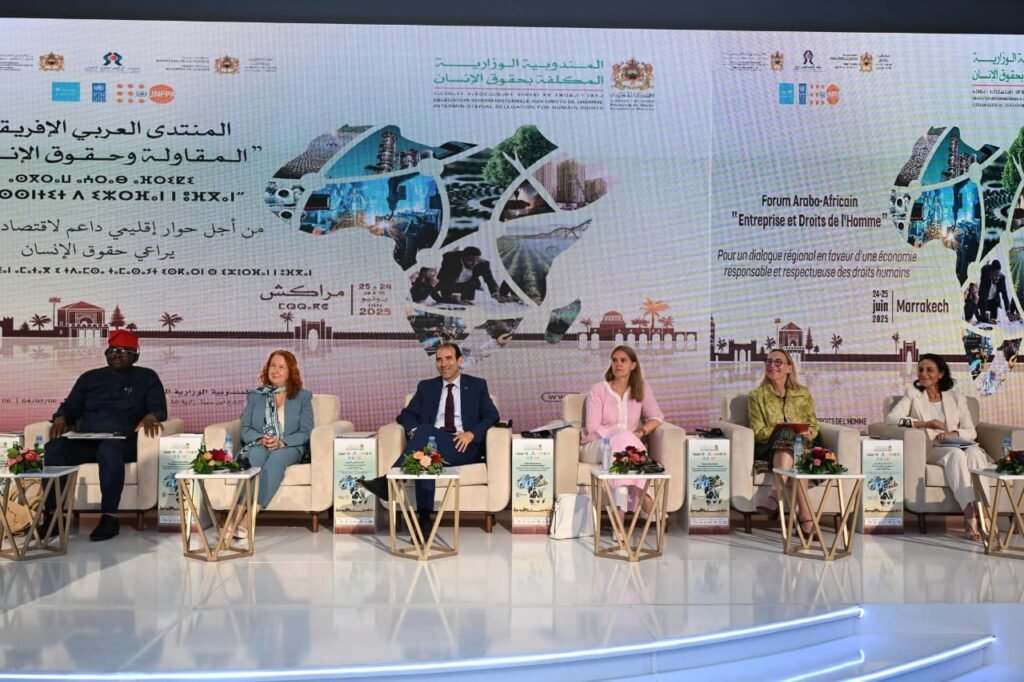
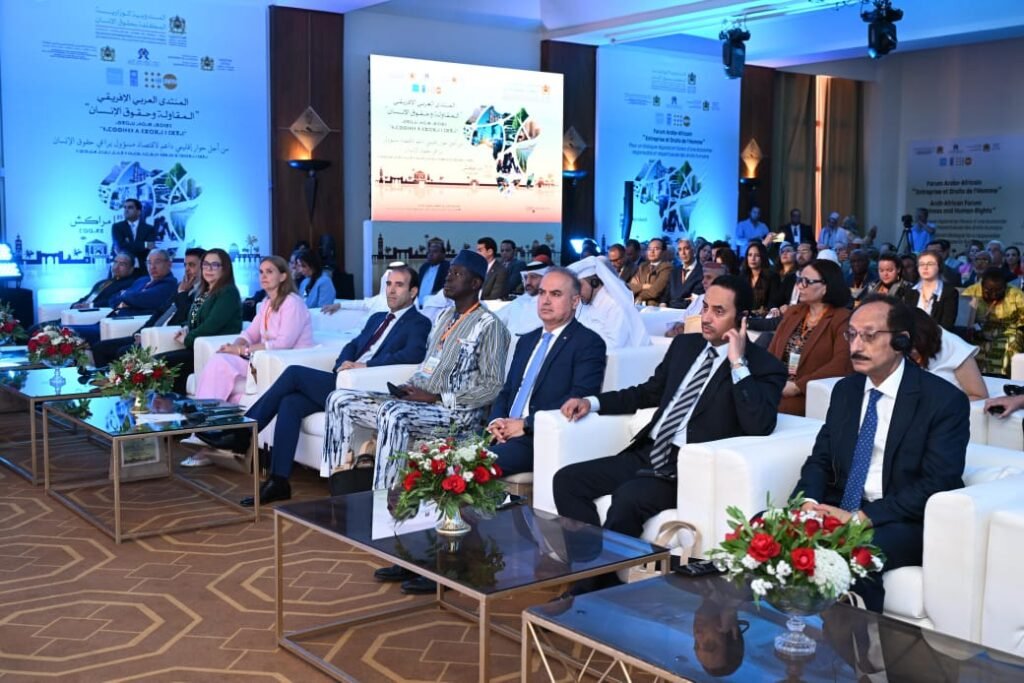
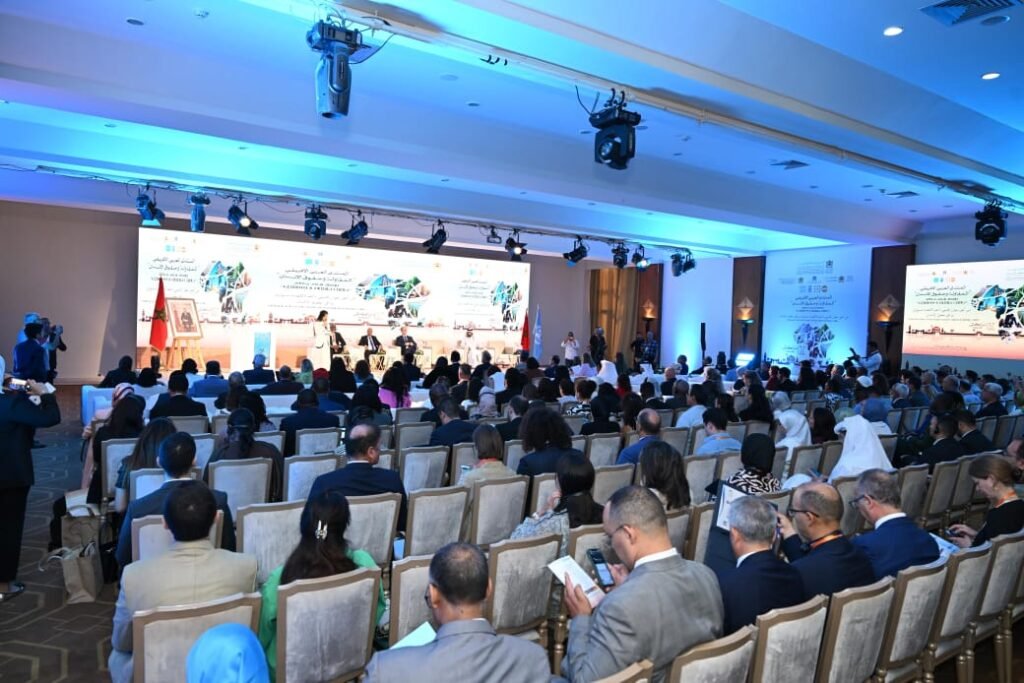
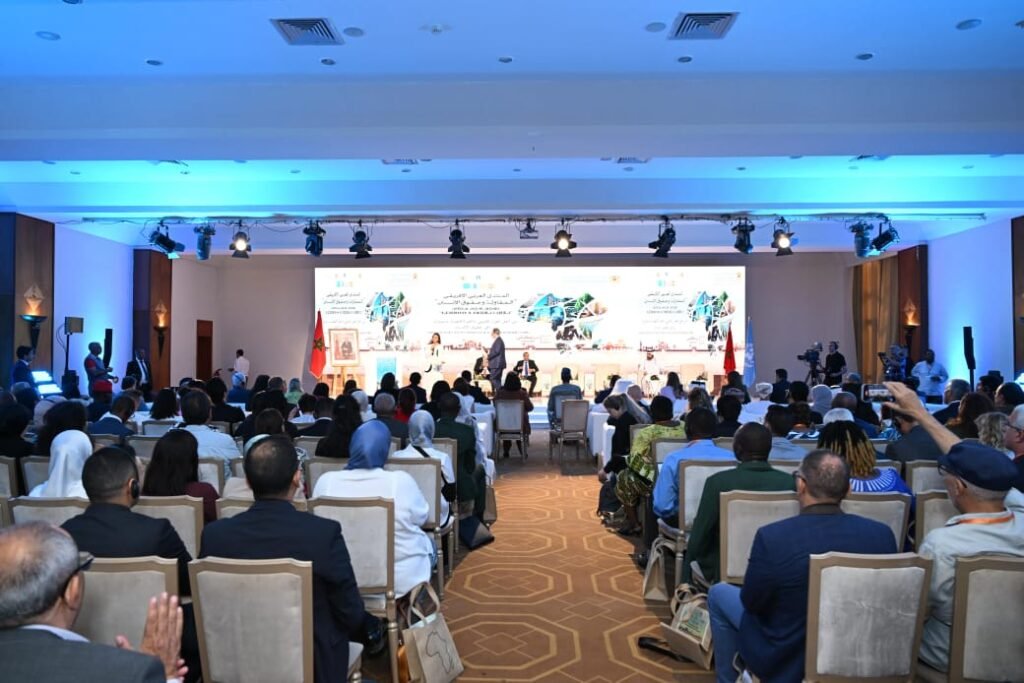
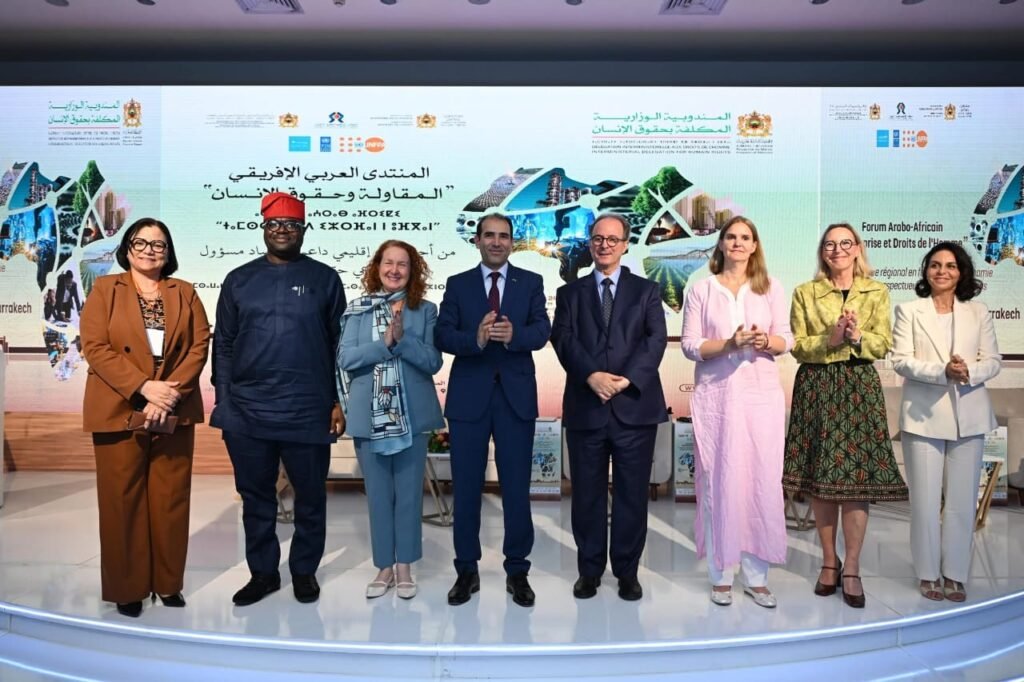
The opening session featured high-level national and international figures. These included Mohammed El Habib Belkouch, Interministerial Delegate for Human Rights; representatives from Morocco’s Ministry of Justice and Ministry of Economic Inclusion, Small Business, Employment and Skills; ministers from Malawi and Mauritania; and officials from the Arab Network of National Human Rights Institutions.
In a recorded message, Abdallah Al Dardari, UN Assistant Secretary-General and Director of the UNDP Regional Bureau for Arab States, called on governments, businesses, and civil society to jointly advance economic reforms centered on human dignity.
“Economic development and human rights must go hand in hand,” Al Dardari said. “Businesses are also social actors—with the power to advance dignity, rights, and well-being for millions.”
He urged accelerated implementation of the UNGPs, and emphasized the need for building stronger partnerships across sectors to ensure human rights remain at the core of economic decision-making.
Carla Haddad Mardini, Director of Private Fundraising and Partnerships at UNICEF, delivered a video address highlighting the corporate responsibility to protect children’s rights in business operations and investments.
Ambassador Omar Zniber, Morocco’s Permanent Representative to the United Nations Office in Geneva, said in a recorded statement that in a globalized world marked by deepening inequality, governments must enhance economic governance to protect rights. He said this is particularly important in developing countries, where the reconciliation of economic policy with human rights is urgent—especially for small and medium-sized enterprises.
Morocco’s National Authority for Probity, Prevention and the Fight Against Corruption also addressed the forum. Its president, Mohamed Benalilou, said the private sector must recognize that profit-making and anti-corruption measures are not opposing goals but complementary pillars of ethical business conduct.
“The commitment to fighting corruption is not an ethical luxury, but a clear and unavoidable legal obligation,” he said. “A company that minimizes the impact of its activities on human rights, or that turns a blind eye to abuses in its value chain, directly contributes to increasing inequality, reinforcing injustice, and weakening institutions.”
UNDP Resident Representative in Morocco, Ilaria Carnevali, reaffirmed the agency’s support to national and regional efforts to promote human rights in business. She said the UNDP sees the private sector as a key actor in driving sustainable development—if it operates with full respect for human rights.
“The private sector can be a powerful driver of sustainable development—if it fully integrates human rights into its operations,” Carnevali said.
Carnevali emphasized that the ambition of the 2030 Agenda cannot be achieved by international organizations or aid flows alone, and that the SDGs require broad participation—including the business community. She pointed to the UNDP’s Global Business and Human Rights Initiative, supported by the European Union, Japan, Iceland, Liechtenstein, the Netherlands, Sweden, and the United Kingdom, which provides tools and peer learning platforms to help countries develop National Action Plans and support companies in conducting human rights due diligence.
She noted that more than 25 countries in the Arab and African regions have begun their Business and Human Rights journeys, with UNDP supporting many of them. In Morocco, UNDP has partnered with the Interministerial Delegation for Human Rights to develop and implement the 2018–2022 National Action Plan for Democracy and Human Rights, which includes a dedicated chapter on business and human rights. While a standalone National Action Plan on Business and Human Rights is still under development, Carnevali said the groundwork has been laid.
Morocco, she added, continues to show strong progress in human and economic development, and its preparations to co-host the FIFA 2030 World Cup offer further opportunities to align economic growth with human rights commitments.
“UNDP Morocco stands ready to accompany the next phase—through policy advice, convening diverse stakeholders, and offering technical support for innovative, inclusive programming,” she said.
Marielle Sander, UNFPA Representative in Morocco, commended the forum as a unique opportunity to place the human being at the heart of the company. She stated that no growth is truly sustainable if it disregards human rights and stressed the role of the private sector in creating working conditions that promote work-life balance and support both men and women.
UNICEF Representative in Morocco, Laura Bill, said that children’s rights and human capital must be at the center of economic strategies. She reaffirmed UNICEF’s readiness to work with Moroccan partners to help businesses implement the UN Guiding Principles on Business and Human Rights and the Children’s Rights and Business Principles.
“These frameworks not only strengthen social impact but also prepare businesses for growing due diligence requirements, particularly in Europe,” she said.
Bill pointed to three urgent areas of engagement for the private sector: eliminating child labor, supporting youth entrepreneurship, and promoting women’s economic participation. She said that child labor still affects 101,000 Moroccan children aged 7 to 17, and reiterated that every child belongs in school.
“Encouraging young people to build their skills in social entrepreneurship is critical, especially with youth unemployment reaching nearly 32 percent in Morocco,” she added. “Women’s participation in the labor market remains at just 21.5 percent—one of the lowest in the MENA region.”
The forum also included participation from UN Women, the UN Working Group on Business and Human Rights, and Crédit Agricole du Maroc. Moroccan journalist Khadija IHSANE moderated the sessions.
Organizers said the Arab-African Dialogue provided a strong platform to promote shared responsibility, improve policy coherence, and advance public-private cooperation in building fairer, more inclusive economies. The event closed with a call for concrete national and regional action to align economic growth with universal human rights principles.

